A man that is young in years may be old in hours, if he has lost no time
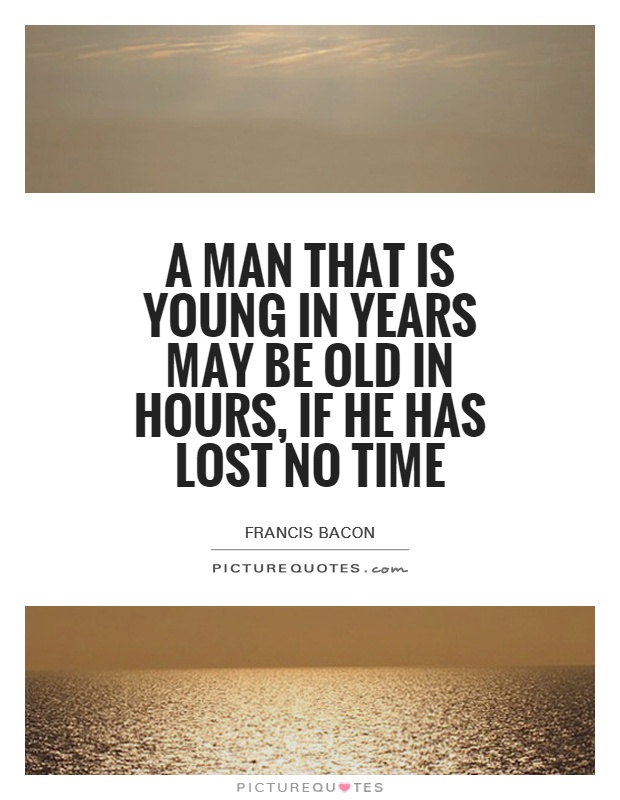
A man that is young in years may be old in hours, if he has lost no time
Francis Bacon, a renowned English philosopher, statesman, scientist, and author, once famously said, "A man that is young in years may be old in hours, if he has lost no time." This profound statement speaks to the idea that one's age is not solely determined by the number of years they have lived, but also by how effectively they have utilized their time.In Bacon's view, a person can be considered "old" in terms of experience, wisdom, and accomplishments, even if they are still relatively young in age. This is because the value of time lies not in its duration, but in how it is spent. If a person has made the most of every moment, seizing opportunities, pursuing their goals, and constantly striving for self-improvement, they can accumulate a wealth of knowledge and experience that far surpasses their years.
Bacon's words serve as a reminder that time is a precious and finite resource, and that it should not be squandered or wasted. Those who are diligent, focused, and disciplined in their pursuits can achieve great things, regardless of their age. By making the most of every moment, they can accumulate a lifetime of achievements in a relatively short span of time.
This concept is particularly relevant in today's fast-paced world, where time seems to slip away all too quickly. In a society that values youth and vitality, Bacon's words offer a refreshing perspective on the true measure of a person's worth. It is not the number of years they have lived, but the quality of those years that truly defines their character and accomplishments.


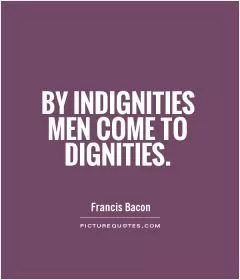
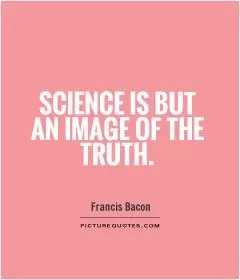
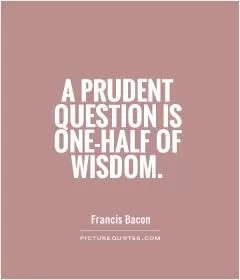


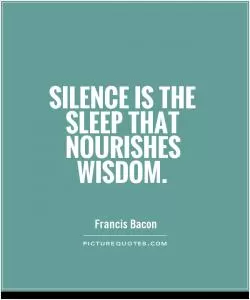




 Friendship Quotes
Friendship Quotes Love Quotes
Love Quotes Life Quotes
Life Quotes Funny Quotes
Funny Quotes Motivational Quotes
Motivational Quotes Inspirational Quotes
Inspirational Quotes